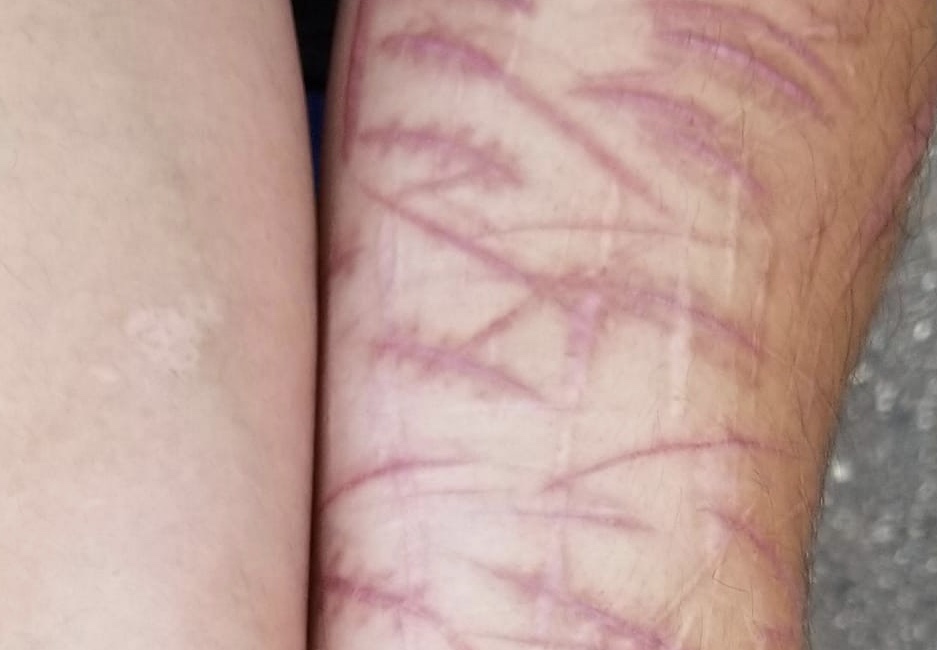Teens and Self-Harm

What you need to know about teens and self-harm. A major concern today with school counselors asking a lot of questions as their middle school and high school students are coming to them asking for help.
FREE Teen Suicide Prevention Course for Schools
Renowned Teen Mental Health Speaker and Teen Suicide Prevention Expert gives you a FREE Suicide Prevention and Inspirational Talk for your School. During this 50 minute talk Jeff engages in the conversation of mental health and suicide prevention talking about signs to be aware of and how you can intervene and how you can best […]
Why Teens Self-Harm
Why Teens Self-Harm Let’s talk about why teens self-harm so you as a trusted adult in a teens life can intervene and get the teen the help they’re in need of. We need to be more open about teen mental health in our homes and this is a conversation we need to be having in […]
Wanting for our Children – To Become The Best or To Want The Best
I HAD heard about all of the dying, about all of the grief, and still I didn’t immediately understand what I was seeing when, at a railroad crossing here, I spotted a man in a blaring orange vest, the kind that road crews and public-safety workers wear. He wasn’t carrying any equipment. He wasn’t engaged […]

